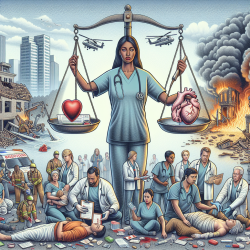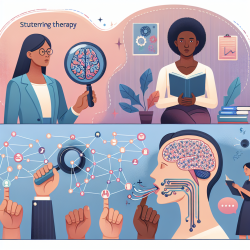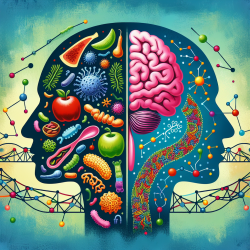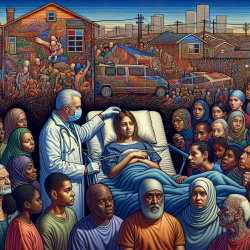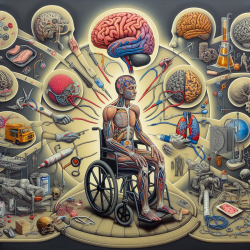Introduction
In the realm of disaster response, medical practitioners are often confronted with ethical dilemmas that challenge their decision-making processes. The research article "Medical Ethics in Disasters" delves into these challenges, providing insights into ethical frameworks and practical implications for clinicians and policymakers. This blog post aims to distill key findings from the research to enhance practitioners' skills and encourage further exploration into ethical decision-making during disasters.
Understanding Ethical Frameworks
Disasters, whether natural or man-made, often result in resource scarcity, necessitating difficult decisions regarding the allocation of limited medical supplies and services. The primary ethical frameworks discussed in the research include:
- Utility: Prioritizing actions that save the greatest number of lives.
- Justice: Ensuring fair distribution of resources and equal access to care.
- Ethics of Care: Emphasizing the importance of maintaining relationships and providing compassionate care.
Practitioners must balance these frameworks to make informed decisions that align with both ethical standards and practical realities.
Psychological Considerations
The research highlights the psychological impact of disasters on both patients and care providers. Understanding these psychological reactions is crucial for effective decision-making:
- Patient Reactions: Fear, denial, and panic can affect compliance with medical advice and influence resource allocation decisions.
- Provider Reactions: Care providers may experience stress, fear, and moral distress, impacting their ability to deliver care.
Addressing these psychological factors through communication and support systems can improve outcomes during disasters.
Practical Implications for Practitioners
The research offers practical guidance for practitioners facing ethical dilemmas in disaster scenarios:
- Prioritization: Develop clear triage protocols that prioritize essential personnel and vulnerable populations.
- Communication: Maintain transparent communication with patients and the public to manage expectations and reduce panic.
- Training: Engage in regular training and simulations to prepare for ethical decision-making under pressure.
By implementing these strategies, practitioners can enhance their ability to navigate complex ethical landscapes during disasters.
Encouraging Further Research
While the research provides valuable insights, it also underscores the need for ongoing exploration into ethical decision-making in disaster contexts. Practitioners are encouraged to engage with the literature, participate in discussions, and contribute to the development of ethical guidelines that reflect the evolving challenges of disaster response.
To read the original research paper, please follow this link: Medical Ethics in Disasters.
